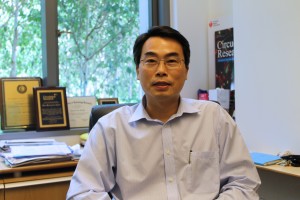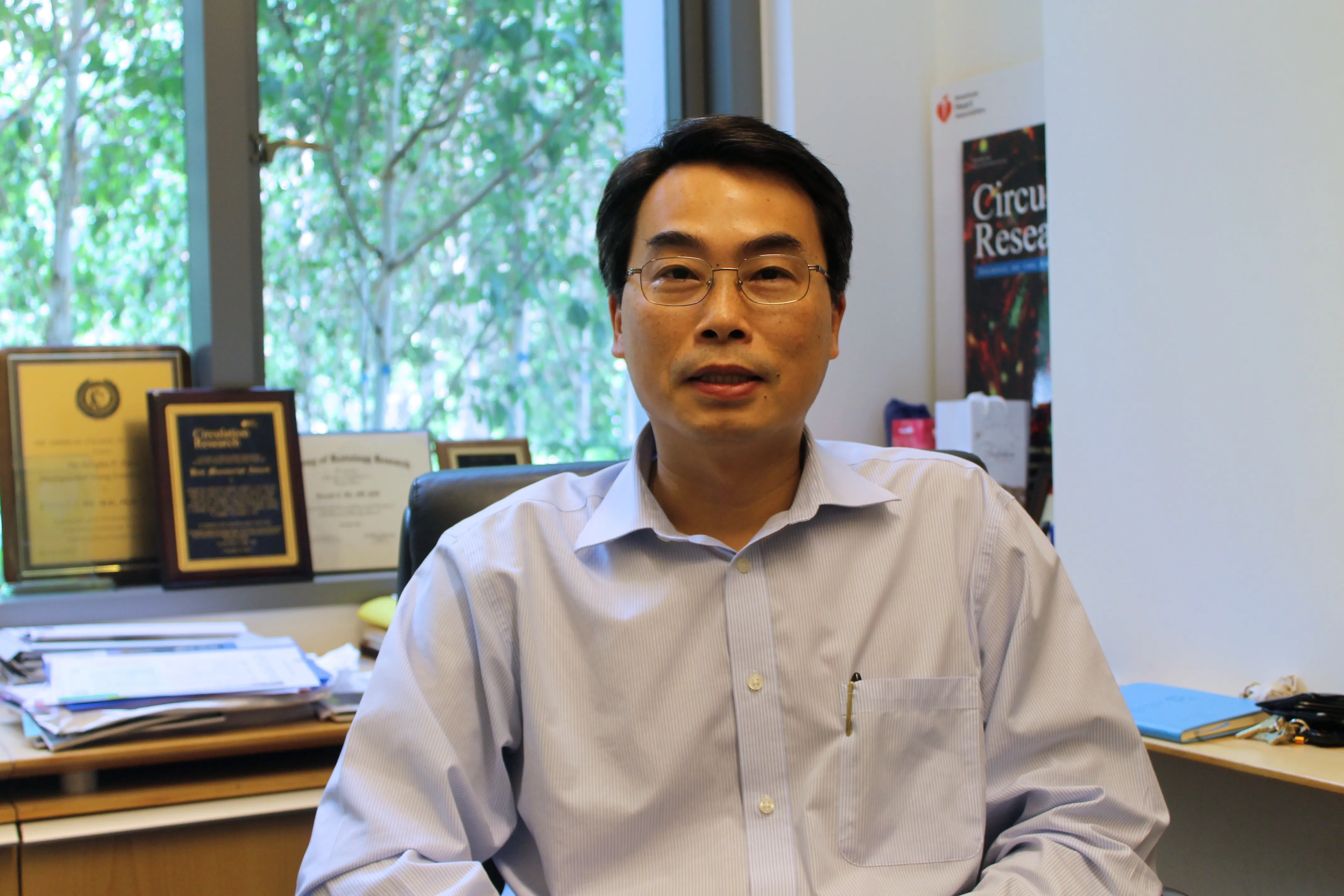
Induced pluripotent stem cells (IPSC) could be the key to the future of personalized medicine, as a new study published by Stanford Cardiovascular Medicine has successfully used the stem cells to recreate patient-specific heart cells. Their research could carve the path for other areas of medicine to use IPSC, which can be transformed into any body cell, to develop patient-specific treatments for any disease.
Published on June 18, the study advances the general quest in the medical community to develop personalized medicine using IPSC, which are easy to find and can be taken from the skin of patients. The transformed cells in the study seemed as if they came directly from the patient’s heart itself, explained lead author and postdoctoral scholar HaoDi Wu. Wu said the heart cells were even beating in the petri dish.
IPSC are preferred by scientists as they carry specific DNA of patients and can be used to treat patient-specific diseases, such as dilated cardiomyopathy (DCM), a common heart condition caused by genetic mutations. The researchers’ study focused specifically on looking at DCM mutations within a single family.
Although they did discover the specific mutation that caused DCM in one family of patients as well as a compound to treat the disease, the significance of their experiment lay in the method. Their novel use of IPSC to model human cells allowed them to narrow the target for finding the DCM mutations in the whole human genome.
Senior author of the paper Joseph Wu, director of the Stanford Cardiovascular Institute and professor of medicine and of radiology, described how their results highlight the potential of IPSC. Today, doctors often go through trial and error to find the right drugs for their patients; IPSC would allow them to test drugs on stem cells first, not the patients themselves.
“We’re hoping that in the future, instead of you being the guinea pig, it’ll be patient-specific, IPS-cell-derived brain cells, derived heart cells, derived kidney cells, liver cells in a dish,” Joseph Wu said. “In essence, you’re doing a clinical trial in a dish.”
The study was funded by the American Heart Association (AHA) and the National Institutes of Health. Joseph Wu received the Established Investigator Award from the AHA for funding, and according to AHA project coordinator Micah Moughon, the best applications for funding are those that accomplish the mission stated on their website: “to build healthier lives free of cardiovascular diseases and stroke.”
“People have been working for a very long time, fighting for cardiomyopathy,” HaoDi Wu said. “This will be the initial step – we take advantage of the IPSC cardiomyocyte system to find the detailed mechanism of the single-gene mutation in cardiomyopathy.”
While the study narrows down the target for finding mutations that cause cardiomyopathy, it cannot guarantee that the mutation exists in all patients. The researchers explained that their team has a long way to go before they can even consider the possibility of a new drug or bringing IPSC to current medicine.
“Before you get that goal of doing clinical trial in a dish or doing personalized medicine 10, 20 years from now, you [have] got to do these experiments to show the feasibility [of IPSC],” Joseph Wu said. “There are other patients with other mutations that cause cardiomyopathy. So the question is, ‘Does this finding also hold true for other mutations?’ And does this finding also hold true for patients without mutations but also heart failure?”
The project already had years of research behind it when it started – research on the possibility of even creating IPSC, on using them in experiments. Although the lab spent about two years of work to find the mutation for only one family, as the experiment is reviewed and tested more, it will be easier to narrow down and streamline the process to apply to all kinds of patients and not just in cardiology.
“This is a novel and unprecedented approach to diagnosing disease, physiology,” said Tzung Hsiai, friend of Joseph Wu and cardiology professor at UCLA. “The ramification is not limited to cardiomyopathy disease but has relation to many other diseases. We will be able to predict pharmacological treatments – for laymen’s terms, drug treatments and patient’s responses to medication.”
Joseph Wu explained that there is a widespread interest to develop personalized medicine and incorporate it into the industry. There is still a long way to go but most areas of medicine are taking strides toward this concept and are hopeful for the future, he said.
“We just happened to focus in cardiology because I’m a cardiologist; it’s a cardiac lab, and we’ve been doing this for a while,” Joseph Wu said. “Other labs are focused on using the same set up to address Parkinson’s disease, Alzheimer’s disease.”
“[It’s a] general movement toward using these IPS cells for disease modeling, understanding the disease, drug discovery and for personalized medicine,” he added.
Contact Malini Ramaiyer at malu.ramaiyer ‘at’ gmail.com.
